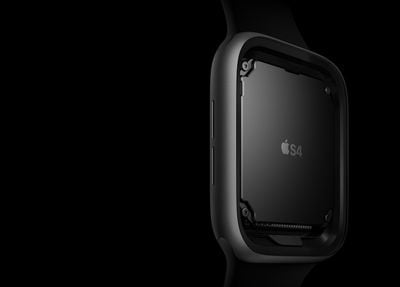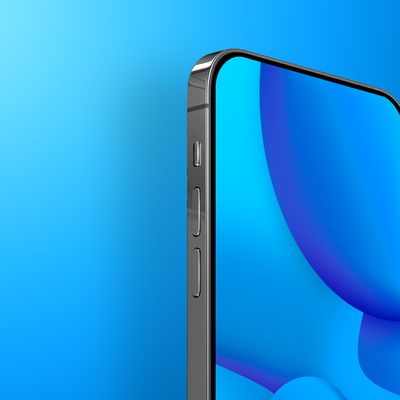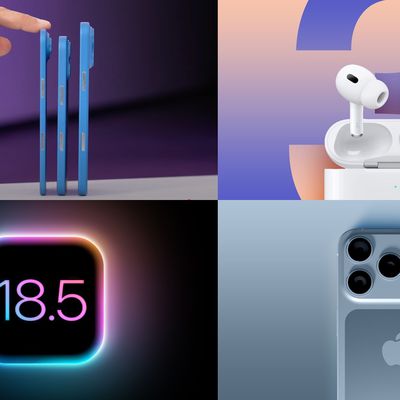Earlier this week, iFixit completed a teardown of an Apple Watch Series 4 that said the 44mm model has roughly four percent more battery capacity, but that was compared to a 38mm-sized Apple Watch Series 3 model.

An eagle-eyed MacRumors reader has since pointed us towards Apple's Product Information Sheet, which contains battery capacities measured in watt-hours for several products, including Apple Watch Series 4 models. Apple appears to disclose this information for legal and safety reasons.
Based on Apple's document, Apple Watch Series 4 models actually have less battery capacity than the equivalent Series 3 models:
- Apple Watch Series 3 (42mm): 1.34 watt-hours
- Apple Watch Series 4 (44mm): 1.12 watt-hours
- Apple Watch Series 3 (38mm): 1.07 watt-hours
- Apple Watch Series 4 (40mm): 0.86 watt-hours
More specifically, the new 44mm Series 4 models have approximately 16.5 percent less battery capacity than the previous large-size 42mm Series 3 models. Likewise, 40mm Series 4 models have approximately 19.7 percent less battery capacity than the previous small-size 38mm Series 3 models.
Despite having smaller batteries, Apple says Series 4 models get the same all-day battery life of up to 18 hours that Series 3 models are rated for. We reached out to Apple in hopes of an explanation, but we have yet to receive a response.
What we do know is that Apple Watch Series 4 models use a new display technology named LTPO that improves power efficiency. The new Apple S4 system-in-a-package also has more efficient cores, so they presumably consume less power as well. Other components could be more efficient too.
In general, however, battery life is simply hard to predict. Different customers have different use cases. One user could be an athlete who is constantly working out with the Apple Watch, while another could be a more casual wearer who taps on a few notifications once in a while and not much else.
All in all, we wanted to clear up some confusion surrounding the Apple Watch Series 4 batteries. They pack less juice, not more, but seemingly without compromising battery life. Over time, we'll see if that's truly the case.





















